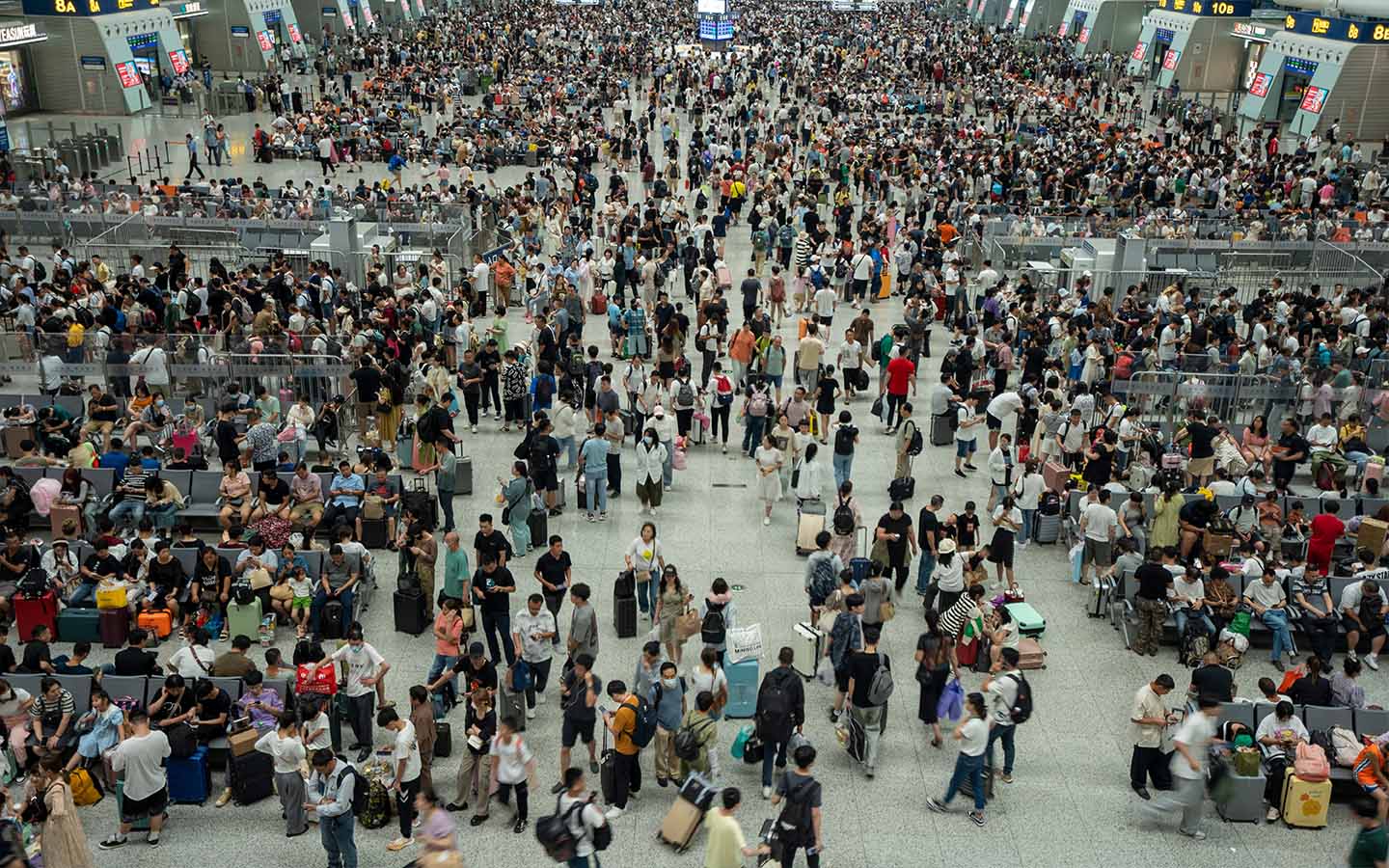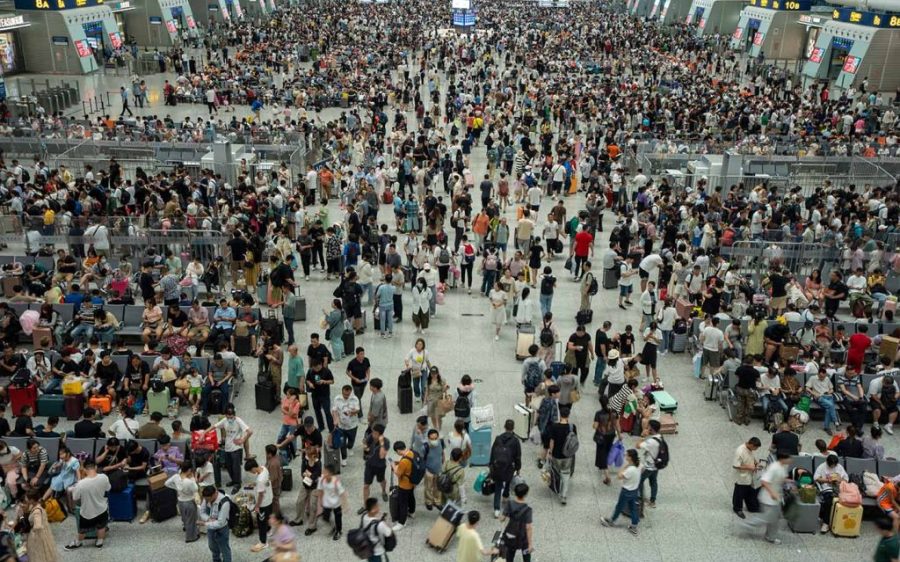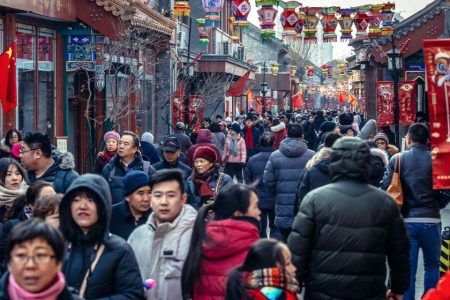On a per-person level, domestic travellers in mainland China spent less during this year’s National Day holiday than they did pre-pandemic, Bloomberg reports. Experts said their restraint may be a sign that more substantial fiscal policy support was needed to revive consumption patterns.
Figures released by the Ministry of Culture and Tourism showed that while travellers made 10.2 percent more trips during October’s Golden Week than they did in 2019, their collective spending only increased by 7.9 percent. That indicated per-trip expenditure was down 2.1 percent when compared with the last full year before Covid-19 restrictions decimated the tourism industry.
“Low tourism spending per head and subdued services prices highlighted still weak domestic demand and continued consumption downgrading,” Goldman Sachs Group economists were reported saying.
[See more: China economy analysts cut GDP forecast to 4.8 percent]
The figures were the first indication of how consumer confidence in China might be changing since the government announced it was rolling out a raft of stimulus measures in late September.
While the stock market rallied in the wake of the announcement, Michelle Lam, Greater China economist at Société Générale, said that sustainable confidence “remains to be seen.” She said that a recovery in the mainland’s struggling labour market and the stabilisation of house prices were more reliable indicators that spending would rise.
Chief China economist of Pantheon Macroeconomics, Duncan Wrigley, described fiscal policy support as the key to boosting consumer confidence and urged Beijing to follow its stimulus package up with “fiscal policies to nurture the fragile improvement in sentiment.”






